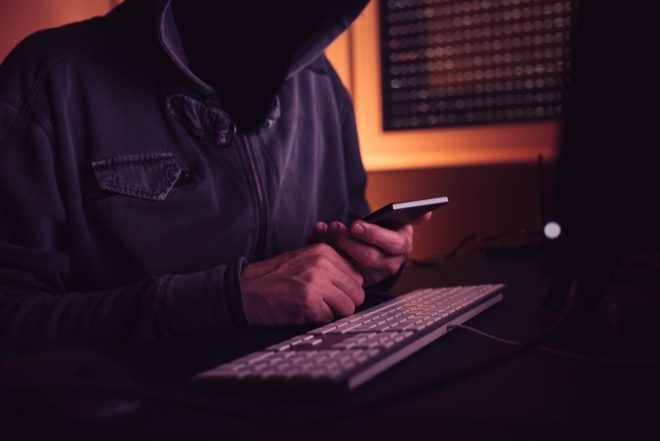

Call Attorney Marni Jo Snyder 24 Hours / 7 Days:
215.515.3360
Child pornography is a crime that is unfortunately on the rise. Due to the severity of the crime and the country’s interest in protecting the innocent child victims, the offense is prosecuted by the federal government and the punishment is severe.
Federal law defines child pornography as any visual depiction of sexually explicit conduct involving a minor (persons less than 18 years old). Images of child pornography are also referred to as child sexual abuse images. The crime includes production, distribution, reception and possession of child pornography.
Those who are accused of child pornography will likely not be prosecuted at a state court. Those states are allowed to prosecute possession or distribution of child pornography crimes in they have an applicable statute in their crimes code.
For a free legal consultation, call 215.515.3360
Child pornography is not just outright exploitation. In some cases, people may not realize that their actions constitute an offense under the statute.
For example, if two 16-year old teenagers send one another nude photos or suggestive videos, they are both guilty of a crime under the statute, even though they are both minors themselves.
Another aspect of this statue is that it can include multiple charges. For example, if someone has an illegal video on their computer, and that video is downloaded by others via a torrent website (or other site that allows users to share videos, photos or software and download materials from the website and its users), then each time the video is downloaded counts as a distribution charge.
The federal government is so concerned about protecting children that the statute even includes graphic images and videos that are computer generated. This means that if someone creates a video in which it appears that a child is engaged in sexual activity, it is a crime even though no “real” children were involved in the video.
Other aspects of the crime which are not obvious to most exist, but the idea is that any and every sexual or suggestive photo, video, or other graphic material is a crime under the statute and must be avoided.
The government has teams whose sole objective is to find and prosecute offenders of child pornography statutes. They pose as either children wishing to engage in sexual activity or other offenders who are looking for material to download or purchase. They include programmers who can hack into the “dark web” where many people use sophisticated encryption to evade prosecution by the authorities. Individuals who engage in child pornography of any type are able to be traced through their IP address and arrested at their home or work.
First time offenders accused of producing child pornography face fines and a minimum of 15 to 30 years in prison.
Those who are convicted of transporting child pornography (usually this means having it on one’s computer, downloading it, purchasing it, etc.) face fines and a minimum of 5 to 20 years in prison. These prison terms are mandatory, meaning that if convicted, there is no option for probation before the minimum sentence is served. The offender must spend time in prison.
The punishments increase if the defendant has previous charges, if the minor involved in the image or video was sexually abused, or if the material was violent, sadistic or masochistic. In these cases, the offender may spend life in prison.
The crimes under the child pornography statute are heavily prosecuted and do not allow for many defenses (for example, “I didn’t know the child’s age” or “I downloaded the file on accident” are likely not going to work).
However, there are some defenses available and some ways a talented attorney can mitigate the crimes one is being accused of or prove a defendant’s innocence. In some cases, illegal files are truly embedded in otherwise legal or legitimate files. In other cases, an attorney can prove that a defendant immediately removed the file once they realized what it contained.
Even if an attorney does not succeed in getting all charges dropped, she can negotiate punishments and conditions for the defendant to ensure their rights are being upheld.
Anyone accused of a crime involving child pornography cannot wait to hire legal representation. With charges this serious, it is important to act quickly to ensure that you have legal representation from the outset of the case. If you or a loved one is facing this unfortunate situation, contact our offices today at 215-515-3360 for a free consultation.
Call 24/7: 215.515.3360
Email: info@snyderlawyer.com
Fax: 215-376-6981
This website is for general informational purposes only. The act of sending an e-mail to the Firm or any attorney at the Firm, or submitting a form response or other materials through the website, will not create an attorney-client relationship. The only way to create an attorney-client relationship with the Firm is through a written agreement.Read More